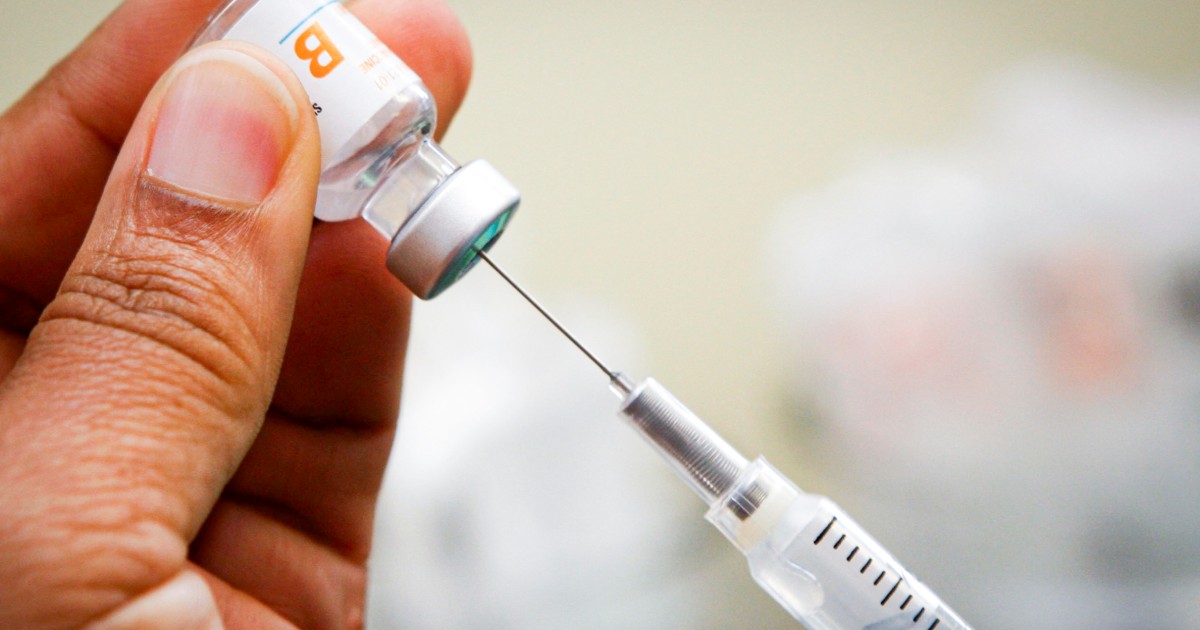The Centers for Disease Control and Prevention (CDC)'s Advisory Committee on Immunization Practices (ACIP) has postponed a decision on whether to delay the administration of the hepatitis B vaccine for newborns. This highly anticipated vote, initially scheduled to determine if the vaccine, currently given shortly after birth, should be postponed until at least one month of age (provided the mother tests negative for the virus), was ultimately tabled due to a lack of conclusive evidence regarding potential side effects and concerns over unclear voting language. The unusual postponement follows the recent appointment of all 12 ACIP members under Health Secretary Robert F. Kennedy Jr., many of whom have expressed skepticism about vaccine safety and efficacy.

The debate highlights the conflicting perspectives surrounding the vaccine. While the CDC presented data from 17 studies demonstrating the vaccine's overwhelming safety and effectiveness in virtually eliminating hepatitis B infections in newborns, several ACIP members raised concerns. These concerns centered on alleged omissions in the CDC's presentation, including the absence of a 2012 Institute of Medicine report that couldn't definitively link the vaccine to brain inflammation due to a lack of adequate research. Specific concerns were also voiced regarding reported infant irritability or fussiness following vaccination, although experts noted the difficulty in definitively attributing such symptoms to the vaccine itself.
Despite the postponed decision, the ACIP unanimously voted to recommend universal hepatitis B testing for all pregnant women. The Department of Health and Human Services confirmed that this testing is covered by most insurance programs, with the goal of boosting testing rates and improving early detection. The current recommendation for administering the hepatitis B vaccine within 24 hours of birth is based on the risk of mother-to-child transmission during delivery, given that hepatitis B is an incurable infection leading to potentially life-threatening complications such as liver disease and cancer.
The debate also highlights the political dimension of vaccine policy, with some legislators questioning the necessity of vaccinating newborns from mothers who have tested negative. The controversy underscores the need for a transparent and evidence-based approach to vaccine recommendations. Leading health organizations, including the National Foundation for Infectious Diseases, the American College of Physicians, and the Society for Adolescent Health and Medicine, have urged the ACIP to adhere to its established framework for evaluating vaccine risks and benefits, ensuring a methodical and scientific approach to decision-making. The future of this crucial vaccination policy remains uncertain, pending a potential future ACIP review.
---
Originally published at: https://www.nbcnews.com/health/kids-health/rfk-jr-cdc-vaccine-panel-hep-b-babies-data-rcna232394
